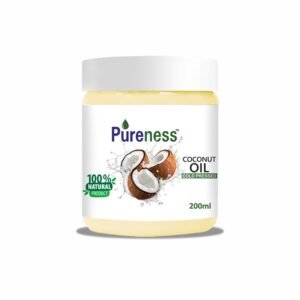Importance of Vitamin D in Managing Your Immunity
In the world of nutrition and health, Vitamin D is often celebrated as the “sunshine vitamin.” But beyond its known role in maintaining bone health and calcium absorption, Vitamin D is a powerful ally for your immune system. As our understanding of immunity deepens—especially in the wake of global health challenges—Vitamin D has emerged as a vital nutrient for immune resilience and defense.
☀️ What is Vitamin D?
- Vitamin D is a fat-soluble vitamin that your body can produce naturally when exposed to sunlight. It also comes in two main dietary forms:
- Vitamin D2 (from plant-based sources)
- Vitamin D3 (from animal-based sources and sunlight)
- Your liver and kidneys convert Vitamin D into its active form—calcitriol—which helps regulate numerous biological functions, including immune response.
🛡️ How Vitamin D Supports Immunity
- Activates Immune Defenses
Vitamin D helps activate T cells, the “soldiers” of your immune system, which detect and destroy foreign invaders like viruses and bacteria.
- Regulates Immune Response
It prevents the immune system from overreacting, reducing the risk of inflammation and autoimmune diseases like rheumatoid arthritis and multiple sclerosis.
- Enhances Antimicrobial Peptides
It promotes the production of antimicrobial peptides in the lungs and respiratory tract, helping to fight off infections, including colds and flu.
- Reduces Risk of Infections
Studies have shown that individuals with sufficient Vitamin D levels have a lower risk of respiratory infections, including COVID-19 complications.
🧬 Vitamin D Deficiency and Immune Weakness
- A deficiency in Vitamin D can lead to:
- Increased susceptibility to infections
- Chronic fatigue and low energy
- Poor wound healing
- Autoimmune flare-ups
- Populations at higher risk include the elderly, people with darker skin, those who live in colder climates, and individuals with limited sun exposure.
🍳 How to Maintain Healthy Vitamin D Levels
- Get Safe Sun Exposure
15–30 minutes of sunlight a few times a week can significantly boost Vitamin D production, especially during midday hours.
- Eat Vitamin D-Rich Foods
Include:
- Fatty fish (salmon, sardines, mackerel)
- Egg yolks
- Fortified dairy or plant-based milks
- Mushrooms (UV-exposed)
- Consider Supplements
If natural sources aren’t enough, Vitamin D3 supplements (preferably with K2 for bone support) can help. Always consult your doctor before supplementing.




















